A recent article in the national association of chapter thirteen trustees newsletter reminds us that, “just because your private student loan uses the term “student loan” doesn’t mean it is one.” It reminds us that, “a student loan must be from an “eligible educational institution” to be considered non-dischargeable. If it’s not, getting rid of it in a bankruptcy can be easier than it looks.”
To be non-dischargeable, “a student loan must meet specific bankruptcy code requirements to avoid being automatically discharged in bankruptcy like a credit card. The U.S Bankruptcy Code states a private student loan must be a qualified education loan, as defined in section 221(d)(1) of the Internal Revenue Code of 1986.”
The article further states, “to be a ‘qualified education loan’ under the Internal Revenue Code, a loan must be from an ‘eligible educational institution.’ The Department of Education publishes a list each year of qualifying schools. If an institution is not on this list, the loan is not considered a ‘student loan’ under the Bankruptcy Code, and, therefore, can be automatically discharged in bankruptcy.”
This means the “undue hardship” test might be able to be avoided altogether!
The rule only works for private student loans however. You have to go to the National Student Loan Data System, and see if your loan is there. If it’s not, it’s almost certain to be a private student loan, and just because a loan is with Sallie Mae or Navient, doesn’t mean it can’t be a private loan!
Next, check to see if the loan is from an “eligible educational institution,” if it is, it will show up on the list of qualified education institutions each year.
Locate the list for the year you received your student loans and see if your school is on there. As noted in the article, private student loan debt is the most problematic debt in America. While this may not work in all cases, it is worth the effort to see if it can work for you!


